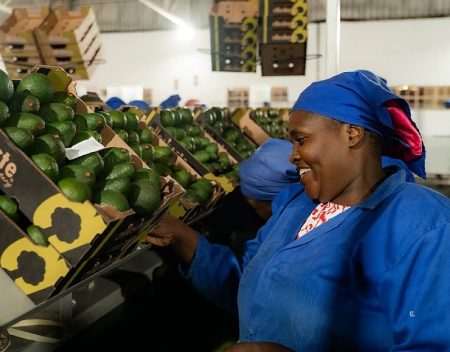The Nigerian government’s efforts to ensure domestic refining capacity utilization faced significant resistance from upstream oil producers in the past year. The Nigerian Upstream Petroleum Regulatory Commission (NUPRC) mandated these producers to allocate a portion of their crude oil output to local refineries, including the newly commissioned Dangote Petroleum Refinery. Despite a series of engagements and the formalization of the Domestic Crude Supply Obligation (DCSO) regulations, several oil companies, represented by industry groups like the Independent Petroleum Producers Group (IPPG) and the Oil Producers Trade Section (OPTS), pushed back against the mandate. These companies formally requested waivers from their allocated quotas or provided justifications for their inability to meet them. This resistance underscores the challenges faced by the government in balancing the interests of international oil companies with the national objective of maximizing in-country value addition through local refining.
The NUPRC actively pursued the implementation of the DCSO policy, facilitating crude oil supply to Dangote Refinery and other local refineries through a monthly production curtailment platform. This involved requesting all exploring and producing companies to submit copies of their crude sales and purchase agreements to assess their potential impact on domestic crude supply. The commission also embarked on extensive stakeholder engagement, including workshops and meetings with producers, equity partners, and refinery owners, to raise awareness and understanding of the DCSO policy. A dedicated working committee, composed of representatives from NUPRC, industry associations, and the NNPC Upstream Investment Management Services, was established to develop a comprehensive framework for DCSO implementation. This framework aimed to address potential bottlenecks and concerns, ensuring a smooth and equitable allocation of domestic crude supply obligations.
A key aspect of the DCSO framework was the development of a robust allocation methodology. The NUPRC designed metrics that evaluated each producer’s historical, current, and projected production capacity to determine their individual obligations. This data-driven approach aimed to ensure realistic and achievable targets for each company. The finalized DCSO guidelines, developed through collaborative efforts with industry stakeholders, were endorsed by the NUPRC Chief Executive in July 2024. Following this, companies with a projected production capacity exceeding 3,000 barrels per day were issued their respective monthly domestic supply obligations. This structured approach sought to create a transparent and predictable system for crude oil allocation, fostering trust and cooperation between the government and the oil producers.
Despite the careful planning and extensive consultations, the implementation of the DCSO encountered substantial resistance. In August 2024, numerous oil producers, including members of IPPG and OPTS, formally contested their allocated obligations, seeking waivers or explaining their perceived inability to comply. These objections, conveyed through official letters, highlight the friction between the government’s push for local refining and the commercial priorities of some oil companies. The pushback also revealed potential operational challenges and logistical constraints faced by the producers in diverting crude oil to domestic refineries. This resistance necessitated further dialogue and negotiation between the NUPRC and the affected companies to find mutually acceptable solutions.
Adding to the complexity of the situation, the involvement of refiners in the production curtailment meetings sparked controversy. Oil producers protested the presence of refinery representatives, arguing that it created a conflict of interest. Consequently, the NUPRC temporarily suspended the participation of refiners in these meetings pending further review. This decision underscores the sensitive nature of the discussions surrounding crude oil allocation and the need to maintain a balanced and impartial process. While the NUPRC received a status report from NNPC Limited on crude supply to Dangote Refinery in September, the underlying tensions regarding the DCSO persisted.
Notwithstanding the challenges and pushbacks, the NUPRC remained committed to the DCSO policy and continued to facilitate crude supply to local refineries as required. This commitment reflected the government’s determination to maximize the benefits of its oil resources for the domestic economy. The NUPRC’s efforts to engage with stakeholders, develop a transparent allocation framework, and address concerns, demonstrated a proactive approach to policy implementation. However, the ongoing resistance from some oil producers highlighted the need for further dialogue and potential adjustments to the DCSO framework to achieve wider acceptance and ensure the long-term success of the policy. The experience also underscores the complexities inherent in balancing national interests with the commercial realities of the oil industry.












